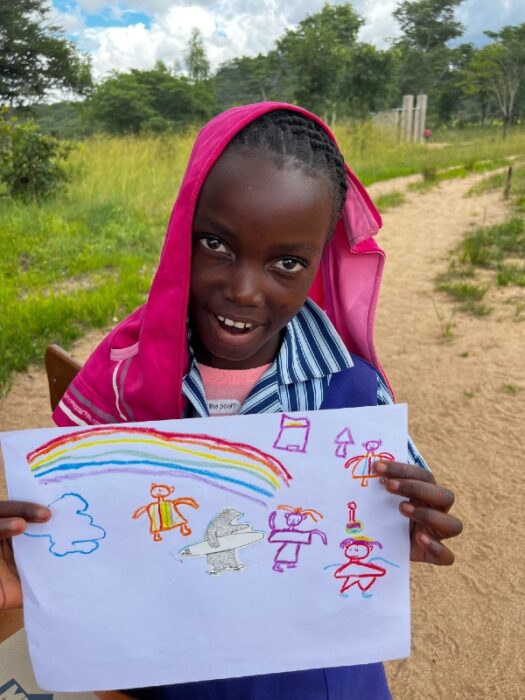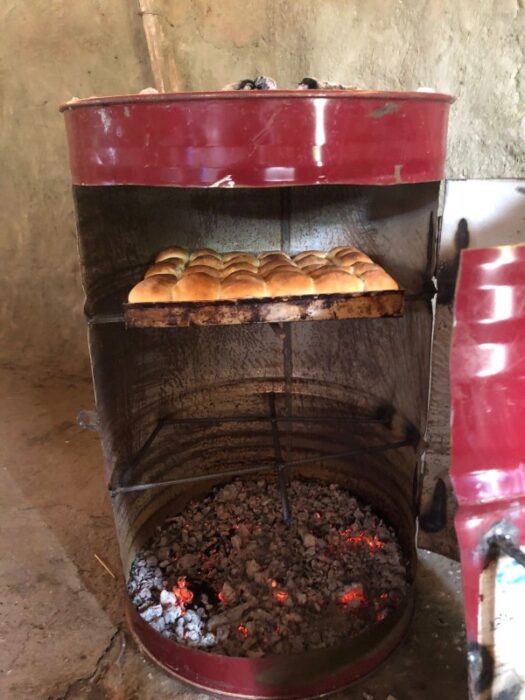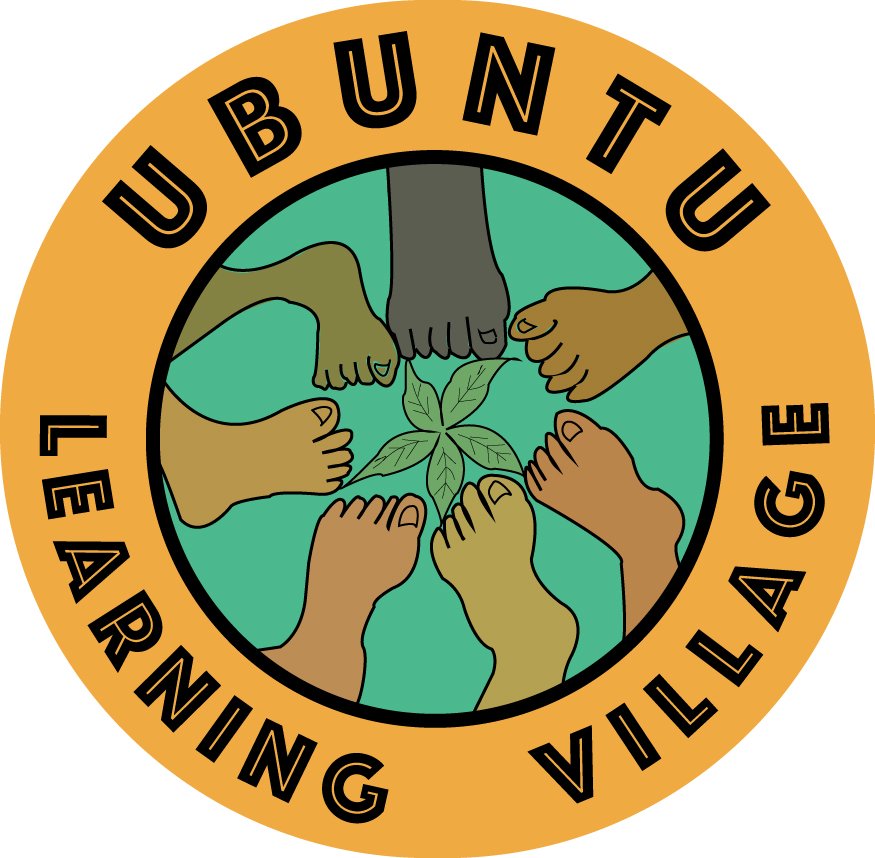Food Security and Sovereignty
At Ubuntu, we are committed to growing organic and nutritious food for our community. We believe that when we have healthy and adequate food, we have a better chance at flourishing. All year-round we grow mixed crops using organic farming and indigenous methods of crop cultivation. On approximately four hectares of land, we grow corn, millets, groundnuts, underground beans, peas, beans, local sugarcane, squash, gourds, peanuts, watermelons, greens, tomatoes, and cucumbers. Additionally, we gather fruits, medicines, and teas from the surrounding forest. Our ultimate objective is to grow enough food to ensure a sustainable, secure and sovereign food system at the village. We also recognize that agriculture is harmful to the land and the ecosystem, we take care to nourish the land with animal and plant matter and rotate our cultivation areas. To move towards a more sensitive food system, we are slowly learning to develop food forests that integrate crops into the natural landscape.
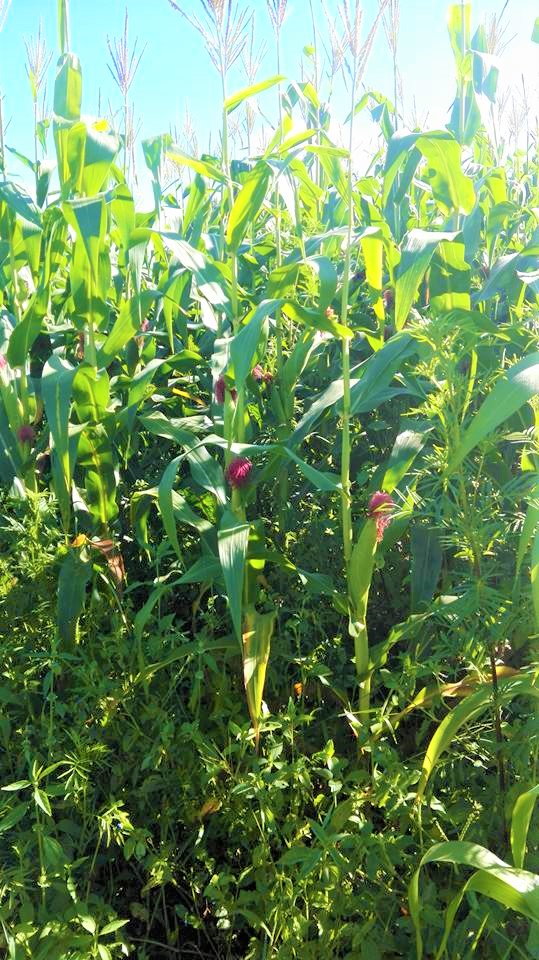
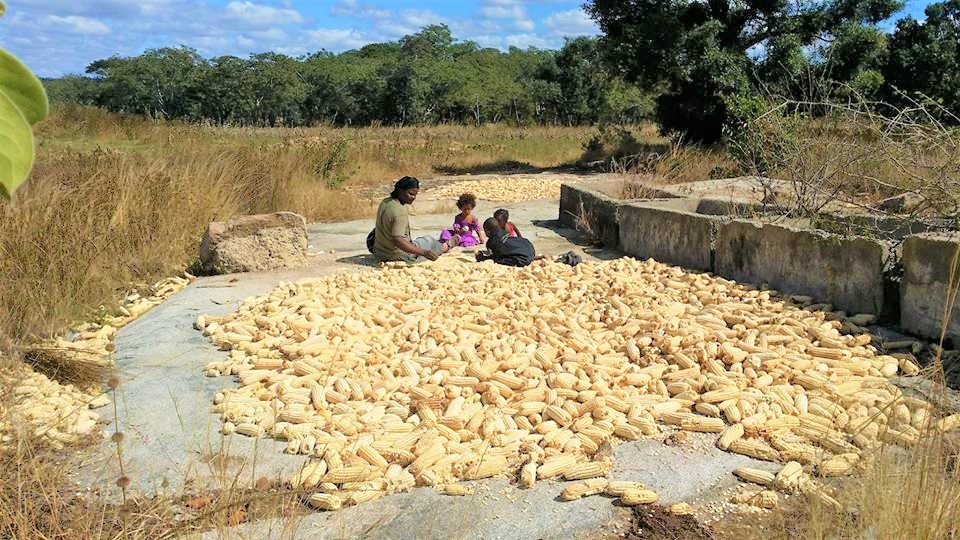
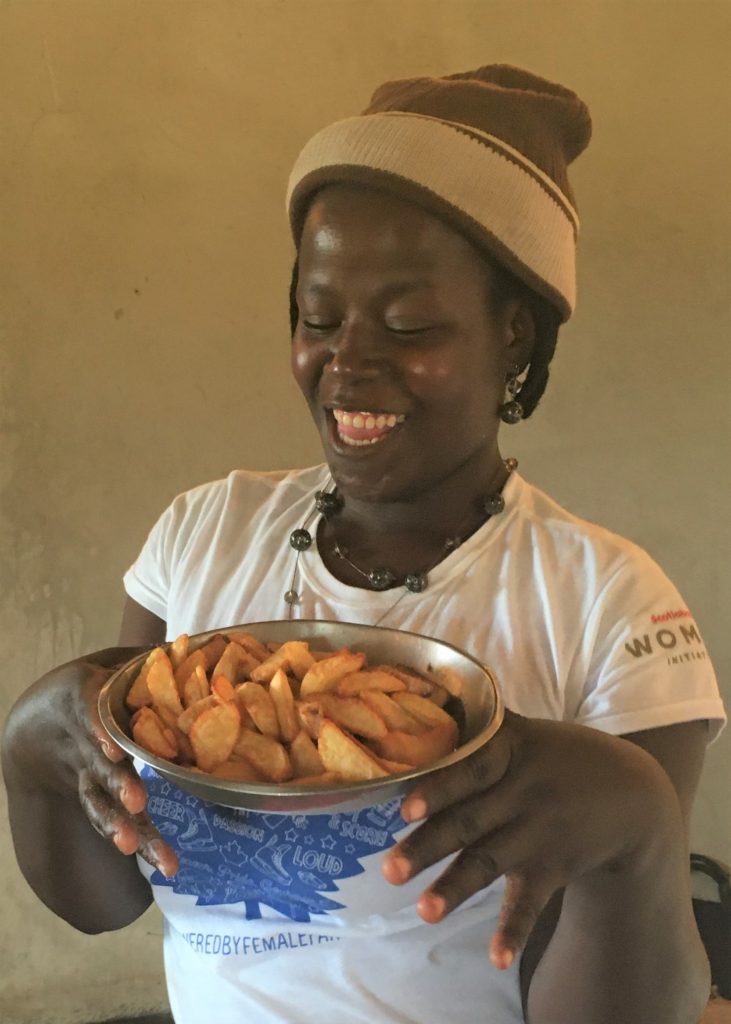
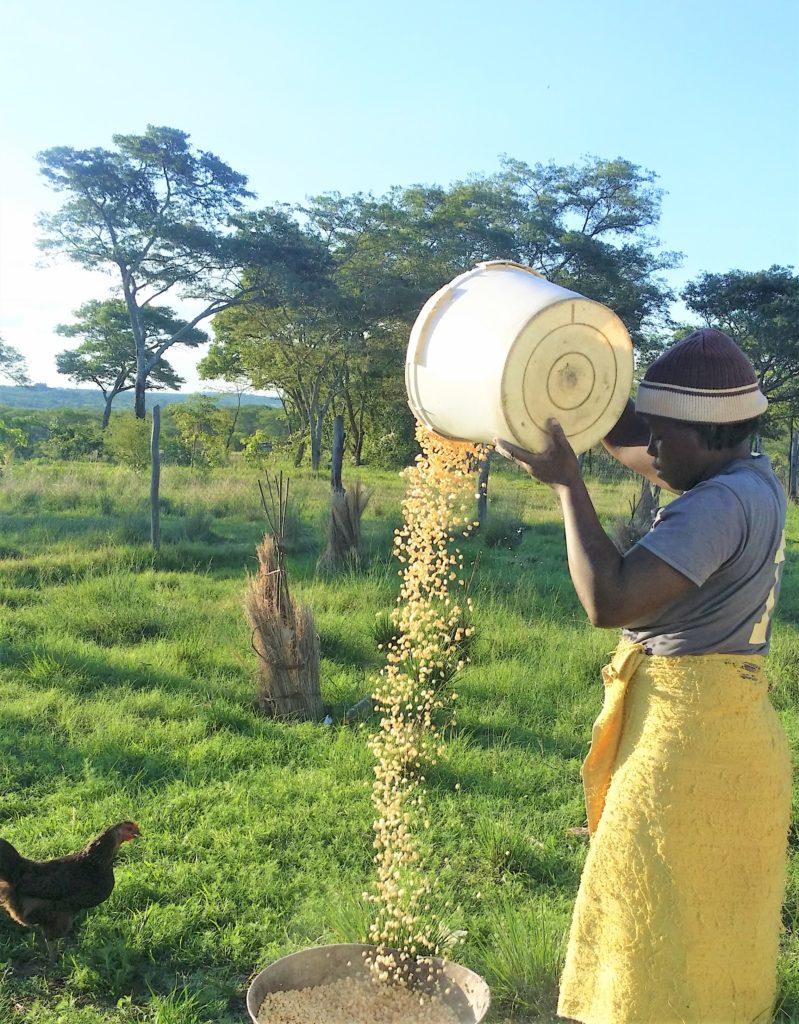
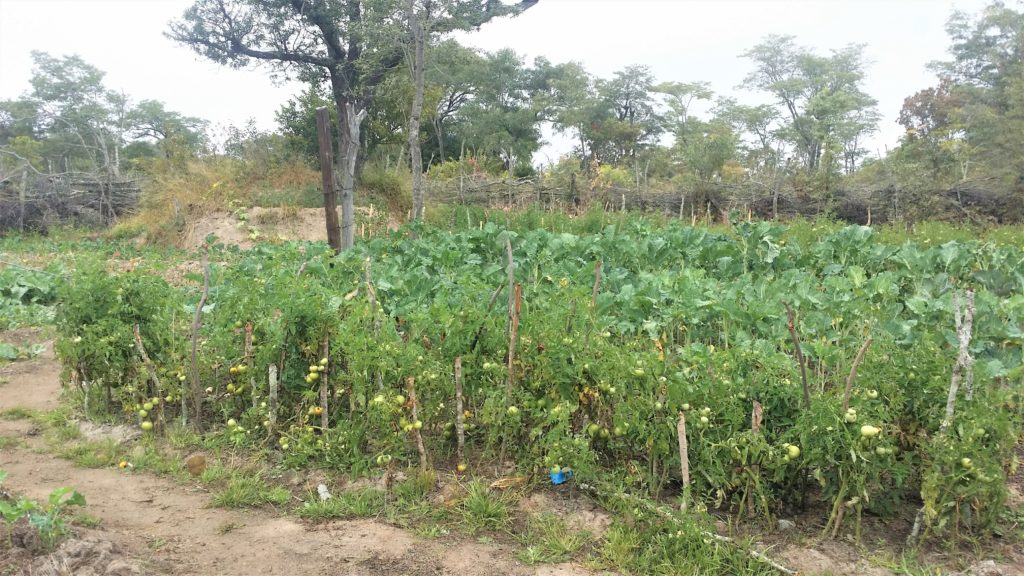
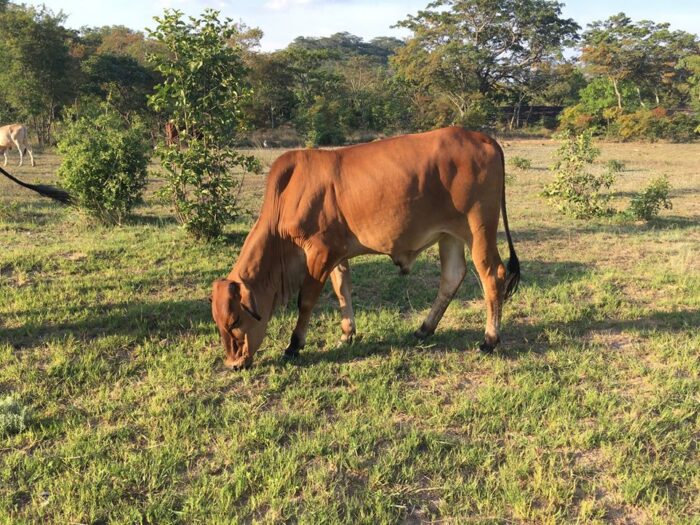
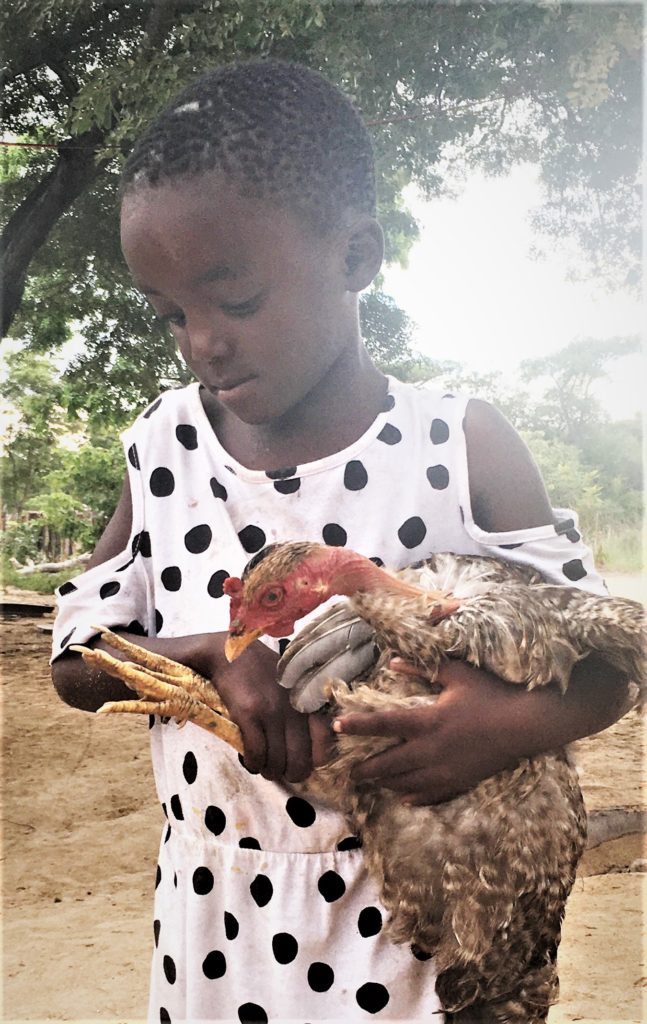
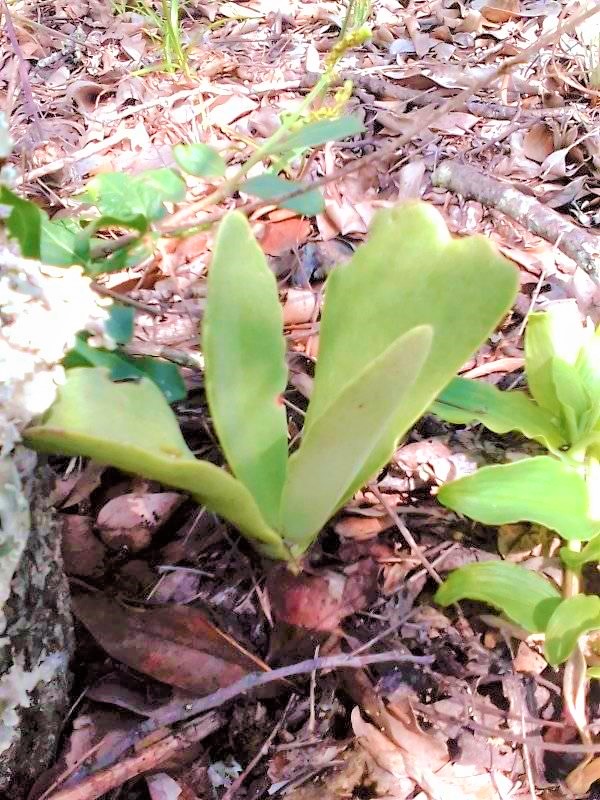
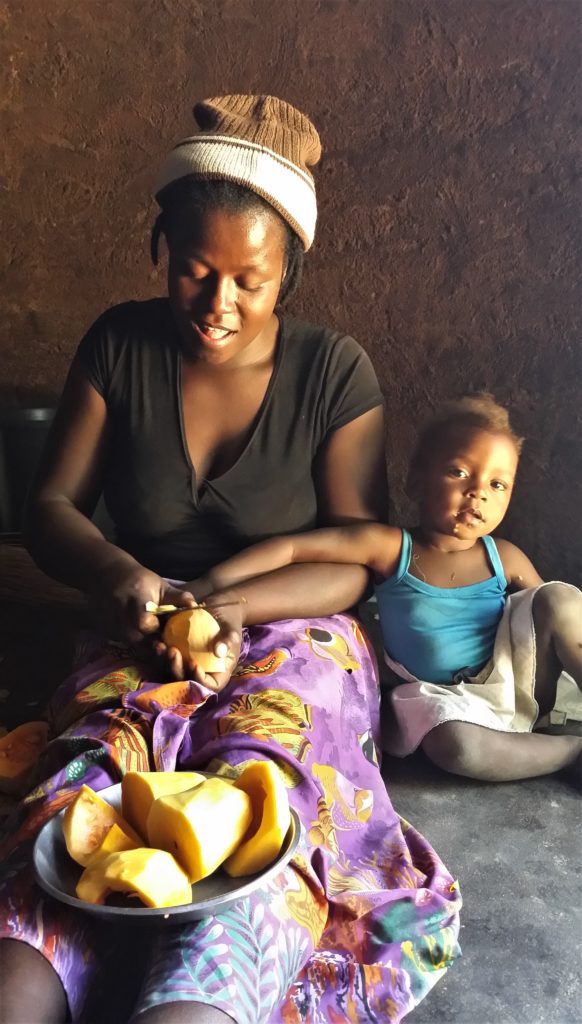
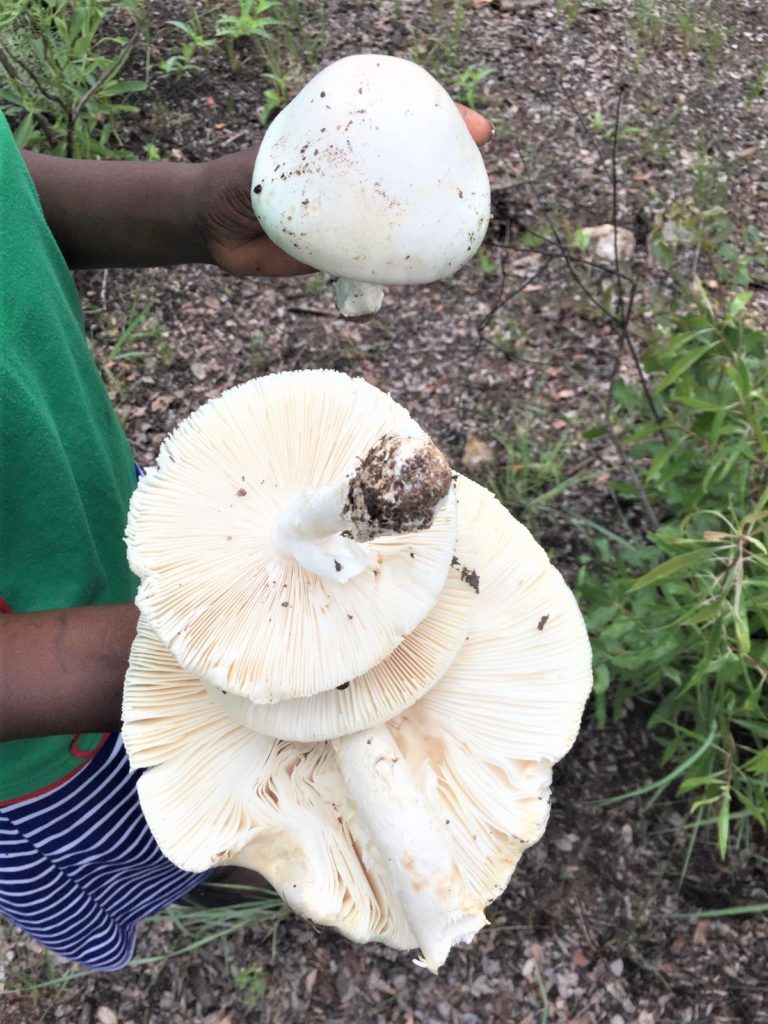
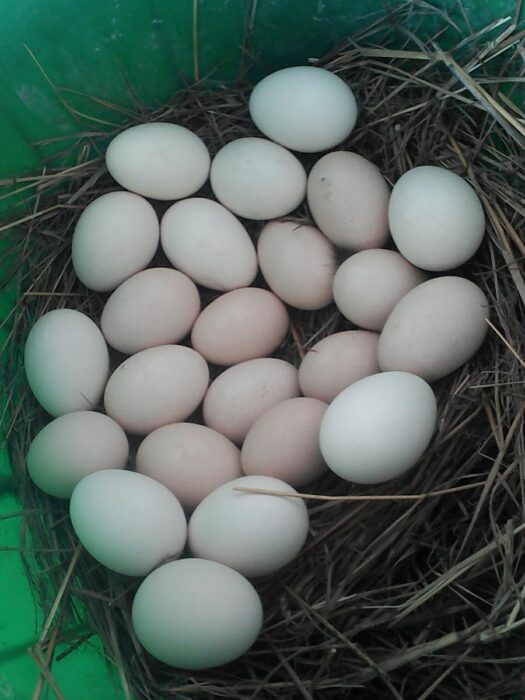
A place of living and learning
Inspired by the many communities around the world, who are leading the way in trans-localization, we practice local learning with a global consciousness. Trans-localization is a practice whereby communities do local work to respond to local challenges, while simultaneously maintaining connections with other communities around the world who are also doing work in their localities. Ubuntu aims to be a hub of learning that centers doing, relating, and horizontal connecting. While the majority of us are living on site, we have many friends and connections from around the world with whom we share a love for Zimbabwean culture, music, dance, song, and languages.
Ubuntu aims to provide a free learning space, with a focus on doing, living, relating, consciousness and social justice. We are open to all ages, and operate in an informal, learner-driven, and fun. The intention is not to create experts with certificates but rather to encourage self-exploration, self-awareness, self-reliance, survival and community inter-dependency. The skills shared at Ubuntu will hopefully be taken back into learners’ home communities.
We are hoping to extend this sharing in Zimbabwe, connecting with our roots at Kufunda Learning Village (www.kufunda.org) in Ruwa, Zimbabwe as well as other communities in Canada, India, Mexico, Brazil, for example. We also hope to host people from around the world who are interested in sharing what they know and are open to learning with us. It is with this approach that we can promote the work of communities who are re-vitalizing their internal wisdom and indigenous knowledge to resolve issues that we are now all facing collectively.
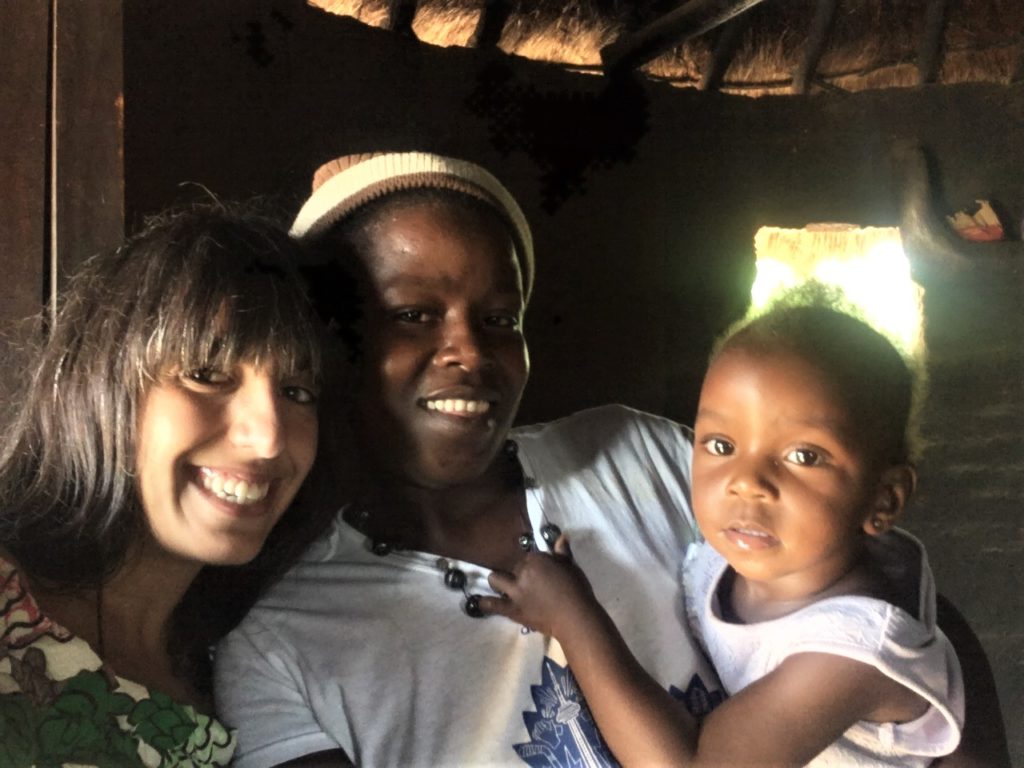
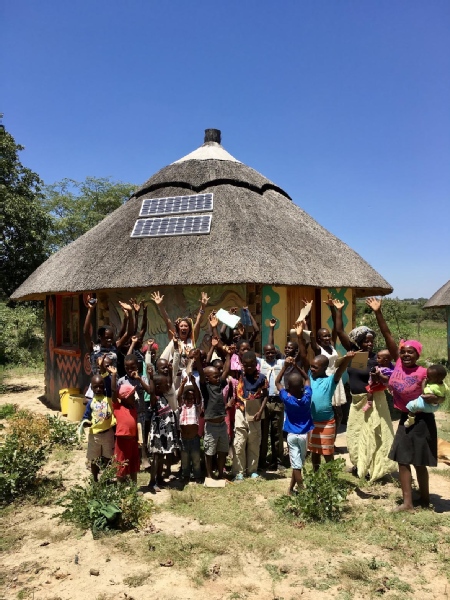
Living Arts, Spirit, and Ceremony
Ubuntu finds its inspiration in Chivanhu culture. Chivanhu teaches us that connection with the land is a connection with the self and a connection with all that the earth holds. At Ubuntu we are always in the ceremony, we dance, play marimba, drum, mbira, and we sing. All these arts are media for connecting to each other and the spirit worlds. At Ubuntu, the arts and ceremony are at the center of everything we do. In Zimbabwe, we are fortunate to have elders who are committed to the practice and passing on of spiritual heritage. We collaborate with these griots and knowledge keepers and nurture a generation of people that seek to live holistic and grounded existences.
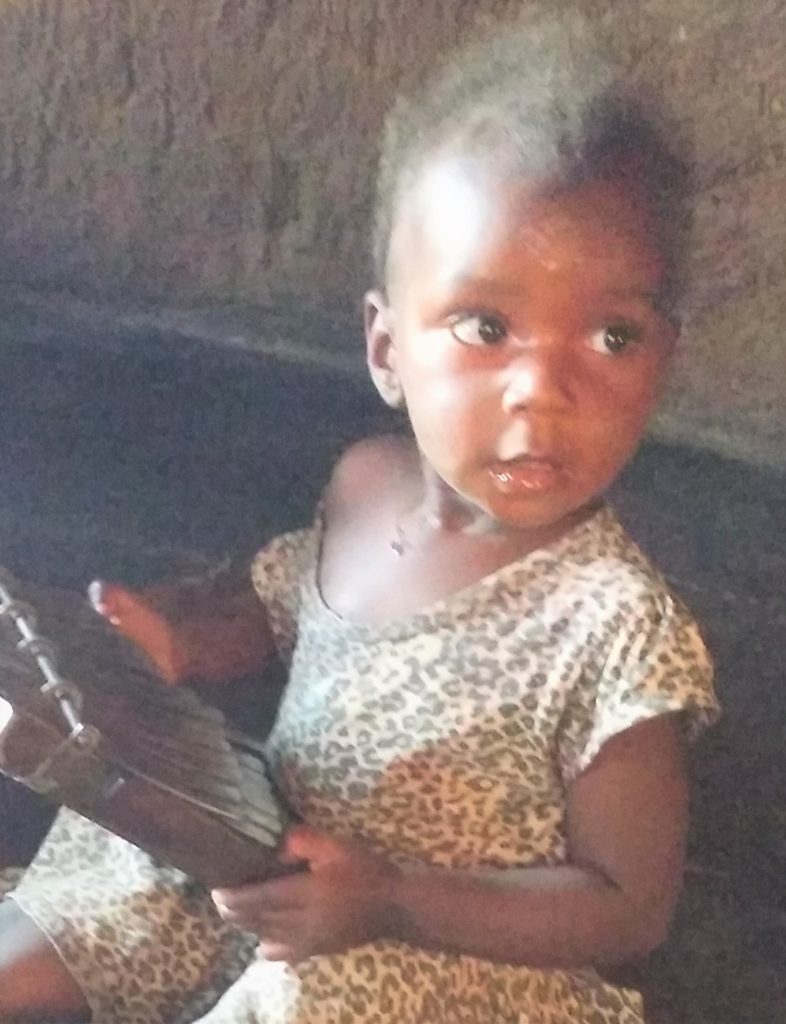
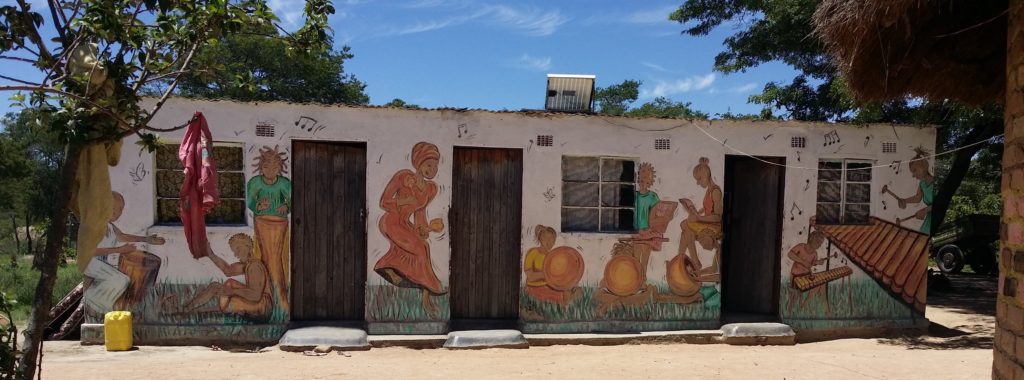

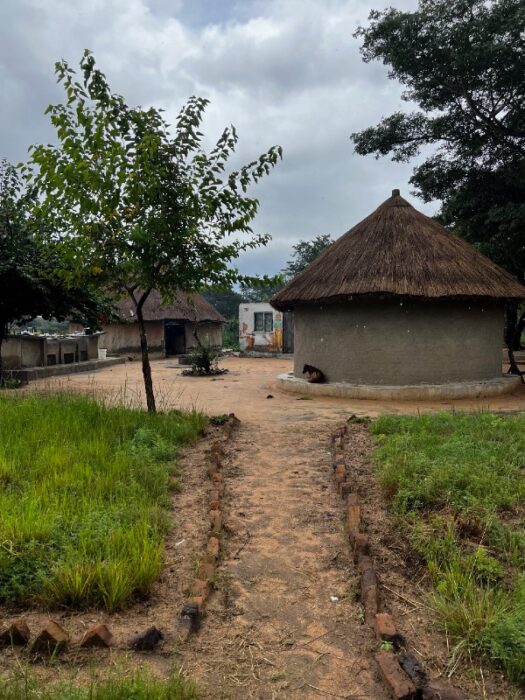
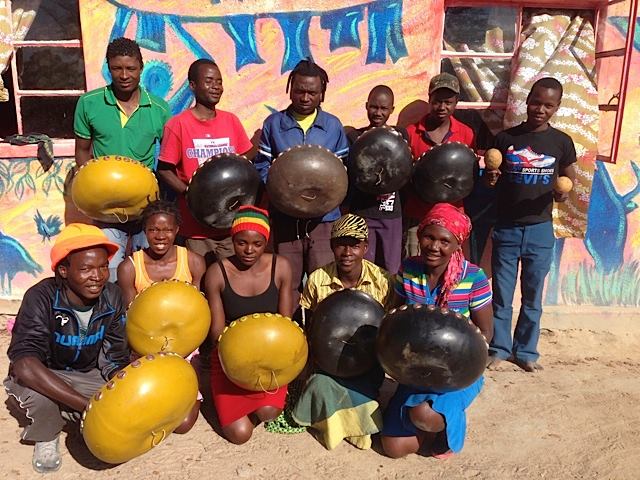
Ongoing Programs and Projects
Hosting and Facilitating workshops on sustainable and locally based ways of living healthy lives based on Indigenous and other knowledge. Examples include herbal medicine, conflict resolution, HIV/AIDS education, organic agriculture, apiculture, ecological building and sanitation, mbira music and dance among others
